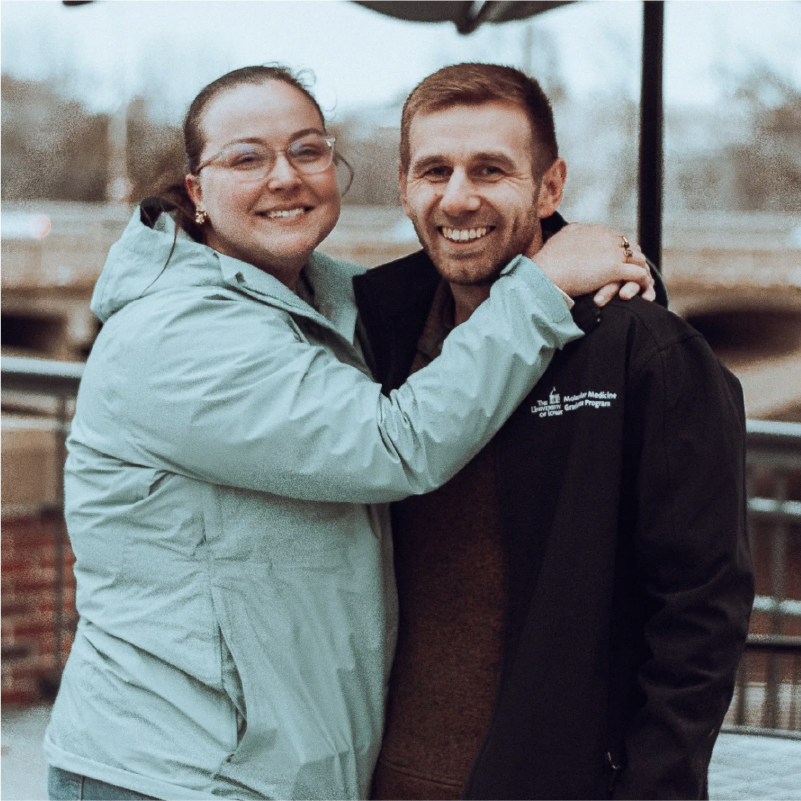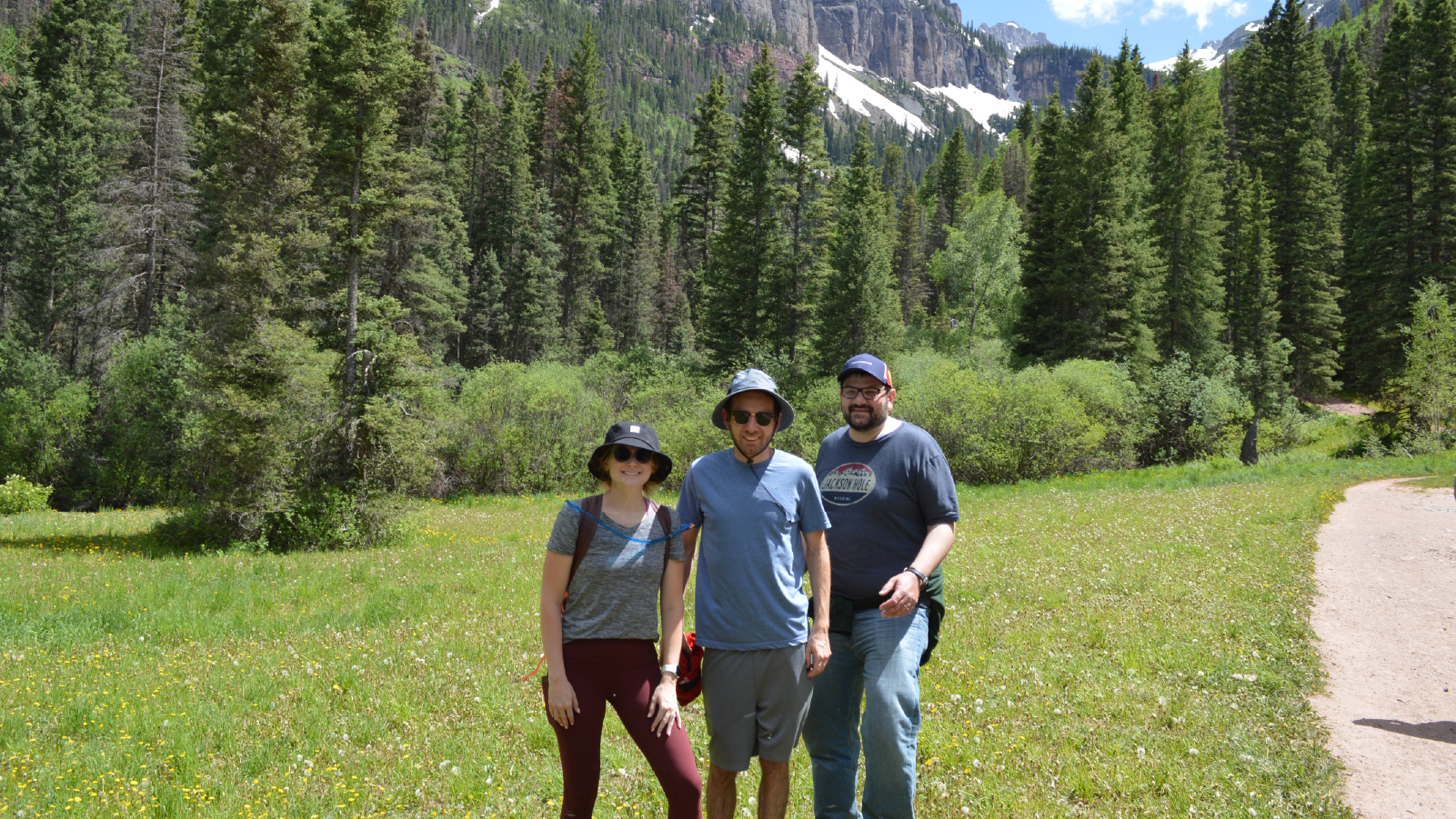The EHE Foundation is proud to have awarded the 2023 Fellowship Travel Grant to Nicholas (Nick) Scalora, a 5th year graduate research assistant in the Tanas Laboratory, at the University of Iowa, where the team studies the role of the Hippo pathway in sarcomas. Dr. Munir Tanas, expert pathologist and researcher, was first author of “Identification of a disease-defining gene fusion in epithelioid hemangioendothelioma,” a foundational publication for EHE research.
In June 2023, Nick attended the “YAP/TAZ and TEAD: at the crossroads of cancer” workshop at the Telluride Science Research Center (TSRC), in Telluride, Colorado. Annually, prominent scientists and several promising young researchers from around the world have the opportunity to come together to discuss Hippo signaling and ways to potentially regulate YAP/TAZ-TEAD activity. While the meeting is not solely focused on science and collaboration to advance EHE research, there have been several notable studies, projects and advancements in drug development resulting from the meeting’s collaborative environment that have directly benefited EHE awareness and funding of basic science – advancing our mission to find treatments for EHE.
Nick’s presentation at the meeting was entitled Towards Targeted Therapy of EHE. In the Tanas lab, Nick’s research is focused broadly on the Hippo signaling pathway which is known to be important in many types of cancer, especially sarcoma. Importantly in EHE, the end effectors of the Hippo pathway, TAZ and YAP, are involved in chromosomal translocations that drive EHE. Recently, the lab completed a high-throughput drug screen against cells engineered to express an EHE fusion protein. Following up on the results of this screen will lead to better therapeutic options for EHE patients.
Nick is also leading a second project where he and his team are focused on the development of disease models from patients’ donated tumor tissue, which are critical tools for developing new treatments for EHE. Nick and the Tanas lab team are eager to advance EHE research through their partnership with the EHE Biobank on this project, hopefully leading to human cell lines of EHE in the future.
As a grantee of The EHE Foundation, Nick provided a post-meeting report sharing, “I walked away from the meeting with new experiments to consider, and helpful insights for sharing my data in future presentations and publications. It was great to have the opportunity to get to interact with leaders in the (Hippo) field and hear more about their research. I tried to soak in as much knowledge as possible from pioneers of the Hippo and EHE field. One of the key takeaways I had was how collaborative the meeting was, both during and after the scheduled presentations with the end goal being better outcomes for EHE patients.”
A bit about Nick and how he came to the Tanas Lab. Nick tells us, “While earning my undergraduate degree from Doane University, I became very interested in understanding mechanisms of gene regulation, which propelled my interest in research and subsequent application to the University of Iowa for graduate school. My current career goals are to work at a primarily teaching focused institution, but still run a lab and push science forward. I really enjoy the teaching and mentorship aspect of science, so I hope to be able to highlight and emphasize that at my next position. Outside of the lab, I enjoy watching and playing soccer, as well as walking with my fiancée and dog!”


The EHE Foundation is fortunate to have the opportunity to collaborate with the Tanas Lab to ultimately help people with EHE. To learn more about the TSRC “YAP/TAZ and TEAD: at the crossroads of cancer” workshop, go to https://www.mdpi.com/2072-6694/15/19/4717.

